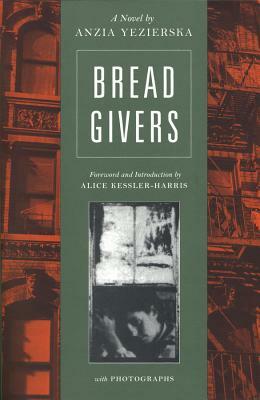For quite a while, I wasn’t sure whether Wolfe Island is a contemporary novel or a dystopian one set in the near future. Eventually, it became clear that it is dystopian. It was published in 2019, but we are so much nearer now to its reality that it’s scary.
Kitty Hawke has lived on Wolfe Island in Chesapeake Bay almost all her life. It was once thriving, the home of watermen and their families and summer tourists. Now, with the rising waters, she is the only person left. She is an artist who makes sculptures out of found objects, and her only company is her wolf-dog Girl. All the houses on the island but hers are ruins.
Kitty tried to live off the island when she married Hart, but away from the marshes she couldn’t create, and she felt like an outsider. Once her daughter Claudie was a teenager, she left her family to return to the island, causing a break with Claudie.
During a storm, some people arrive on the island, three teenagers—two boys and a girl—and a little girl. Kitty recognizes the teenage girl as one who asked her questions when a school field trip came to the island. It turns out, she is Kitty’s granddaughter Cat, whom Kitty has never met. With her are her boyfriend Josh and Luis, a Hispanic young man, and his little sister Alejandra. Cat explains that she and Josh illegally drive people north, but they need to lie low for a while.
Luis and Alejandra are illegal aliens. Their father disappeared and their mother has been arrested. They are trying to find their mother, in a climate where ordinary citizens are challenging people to produce their papers and men are running around shooting anyone who looks foreign. Rising waters have ruined the soil of many farms, places are abandoned, and people are flocking north.
The young people move into a nearby house, and they stay there for several months while Cat is pregnant and eventually has the baby. But soon afterward, it becomes clear that someone has found them.
This is a really engaging and occasionally exciting novel. I’m having to eat my words about being sick of dystopian novels, as two of the best novels I read lately are dystopian, and this is one of them.












